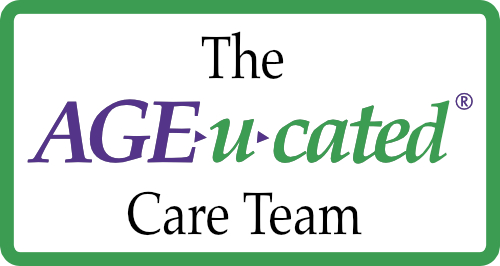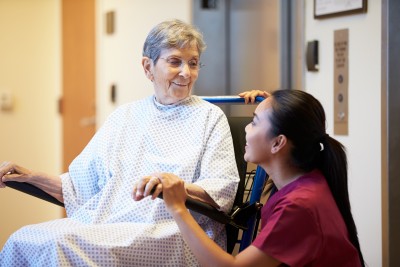 No misspelling here. Who needs AGE-u-cation? Our care teams, family members, elder care providers, hospitals, business community, churches, non-profits need to be MUCH better AGE-u-cated®!
No misspelling here. Who needs AGE-u-cation? Our care teams, family members, elder care providers, hospitals, business community, churches, non-profits need to be MUCH better AGE-u-cated®!
It’s no secret that the world’s elderly population is soaring, with the number of people aged 65 and over expected to more than double by 2050.
The global population is aging at an unprecedented rate with 8.5 per cent of people worldwide – or more than 600 million – now aged 65 and over, a report from the US Census Bureau showed.
If the trend continues, then nearly 17 per cent of the global population – 1.6 billion people – will be in the 65-and-over age bracket by 2050.
Many experts agree that we are facing a public health crisis, and we’re just starting the steep climb in numbers. Frightening? You bet! Are we moving fast enough? Not even near…
I was inspired by our group of new Master Trainers last week who are passionate about training and education for those caring for this vulnerable population. Bringing new, innovative tools to the hands of direct care staff who are in desperate need, we are aiming to do our part in creating change in attitudes, actions and thinking for a world who needs to better communicate and care for our elderly population.
We applaud those on our team deeply committed to advocacy at the state and national levels, fighting for pay and benefit increases for those we are entrusting to care for our loved ones, patients and resident; for helping to change policies for the betterment of a healthcare system that is inefficient and wrought with inefficiencies.
AGE-u-cation? Each and every one of us needs it. We must train up our young people to understand that caring for elders will and should be a part of their life; that careers in this field are desperately needed and highly rewarding.
I’ve quoted the wise words of Nelson Mandela before – “It always seems impossible until IT’S DONE”.
We on the AGE-u-cate Tea, want to be a part of GETTING IT DONE!
Read more: http://www.dailymail.co.uk/health/article-3513167/Global-elderly-population-exploding-US-report.html#ixzz4ZEPcuuVs
